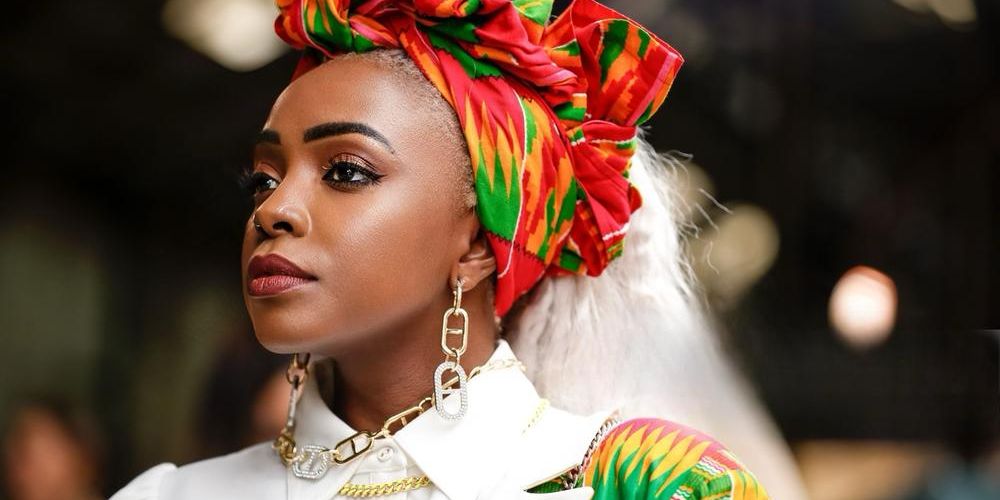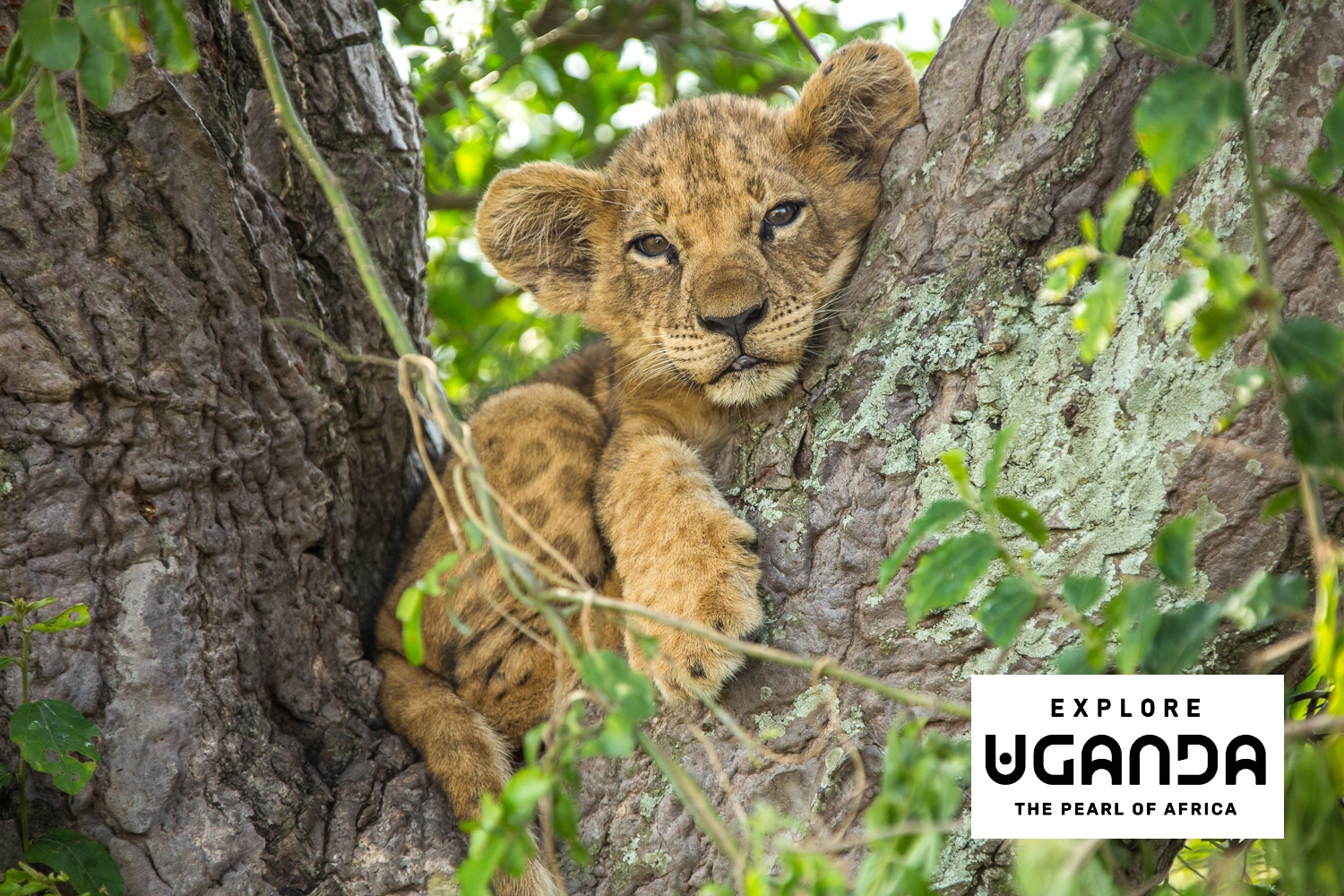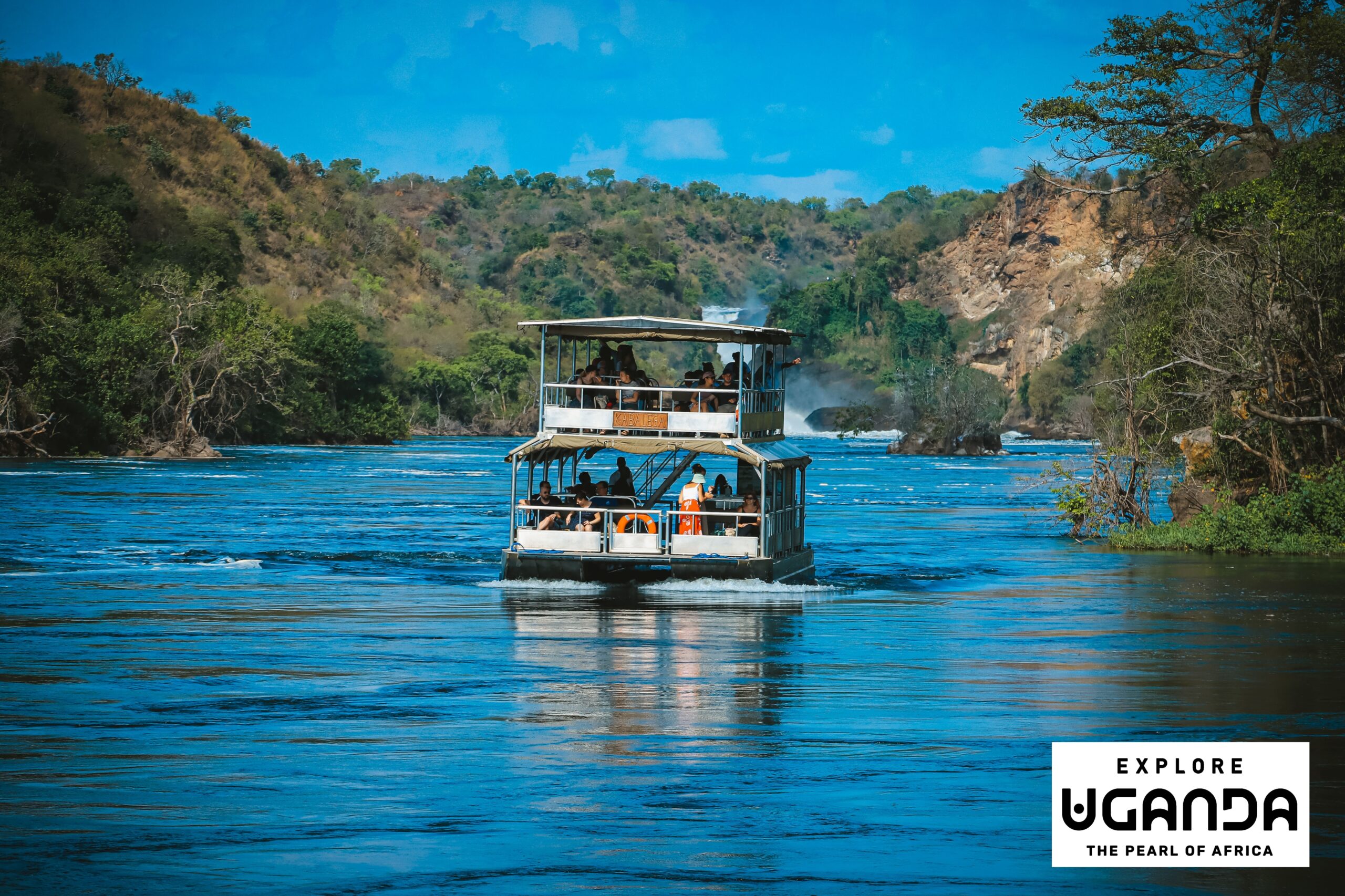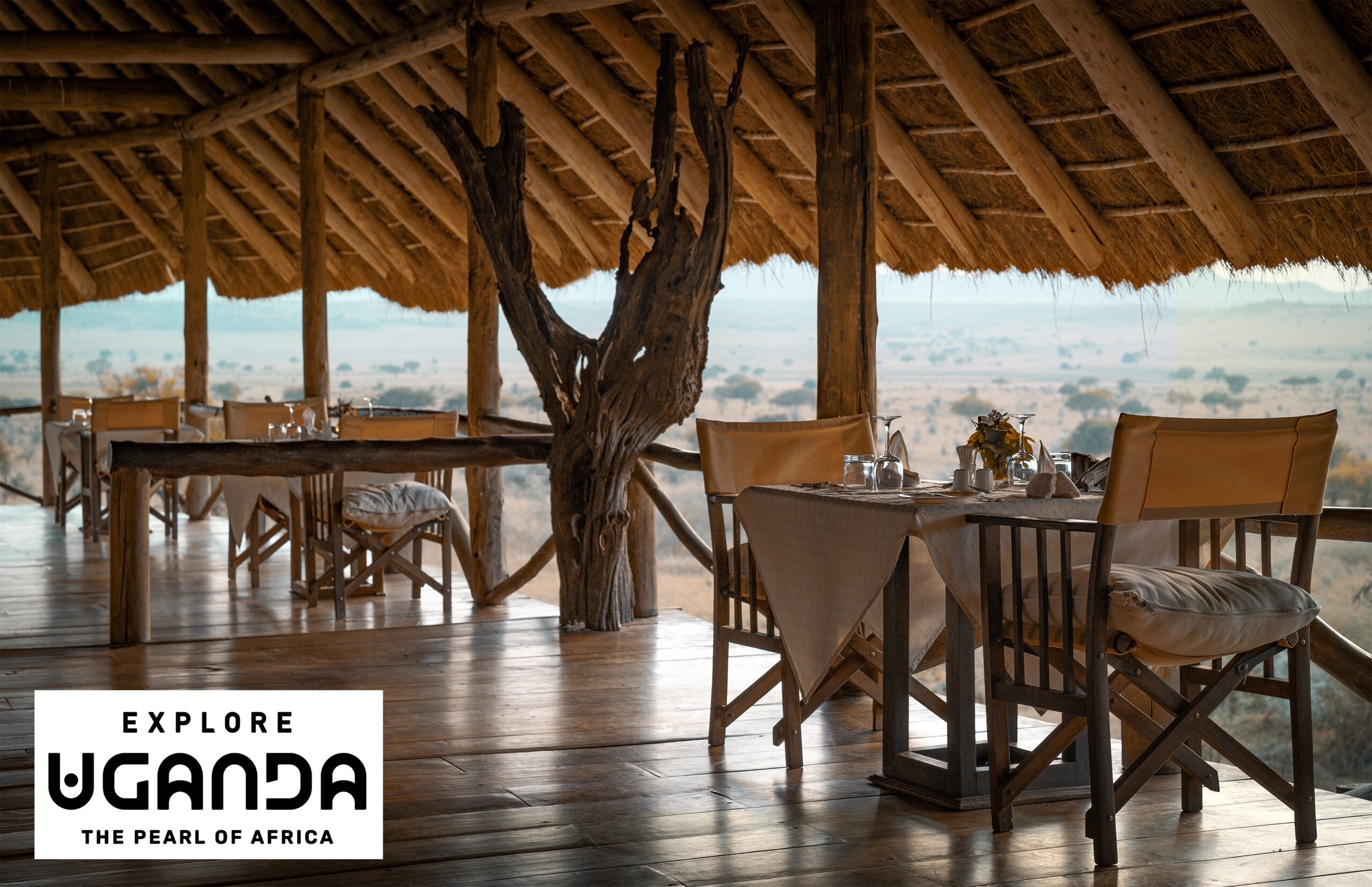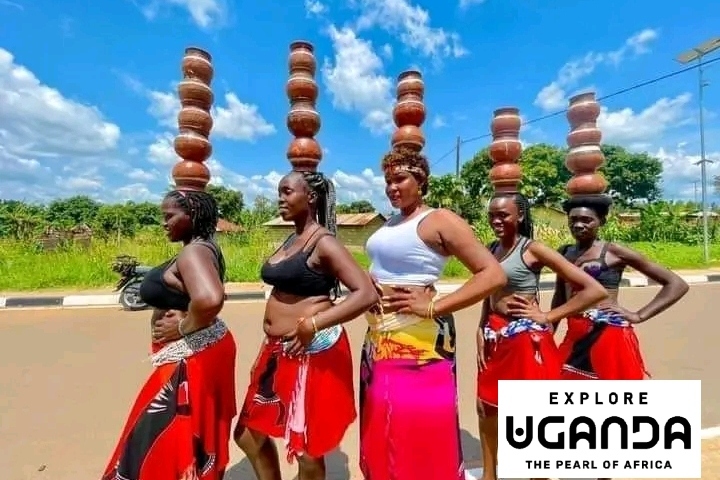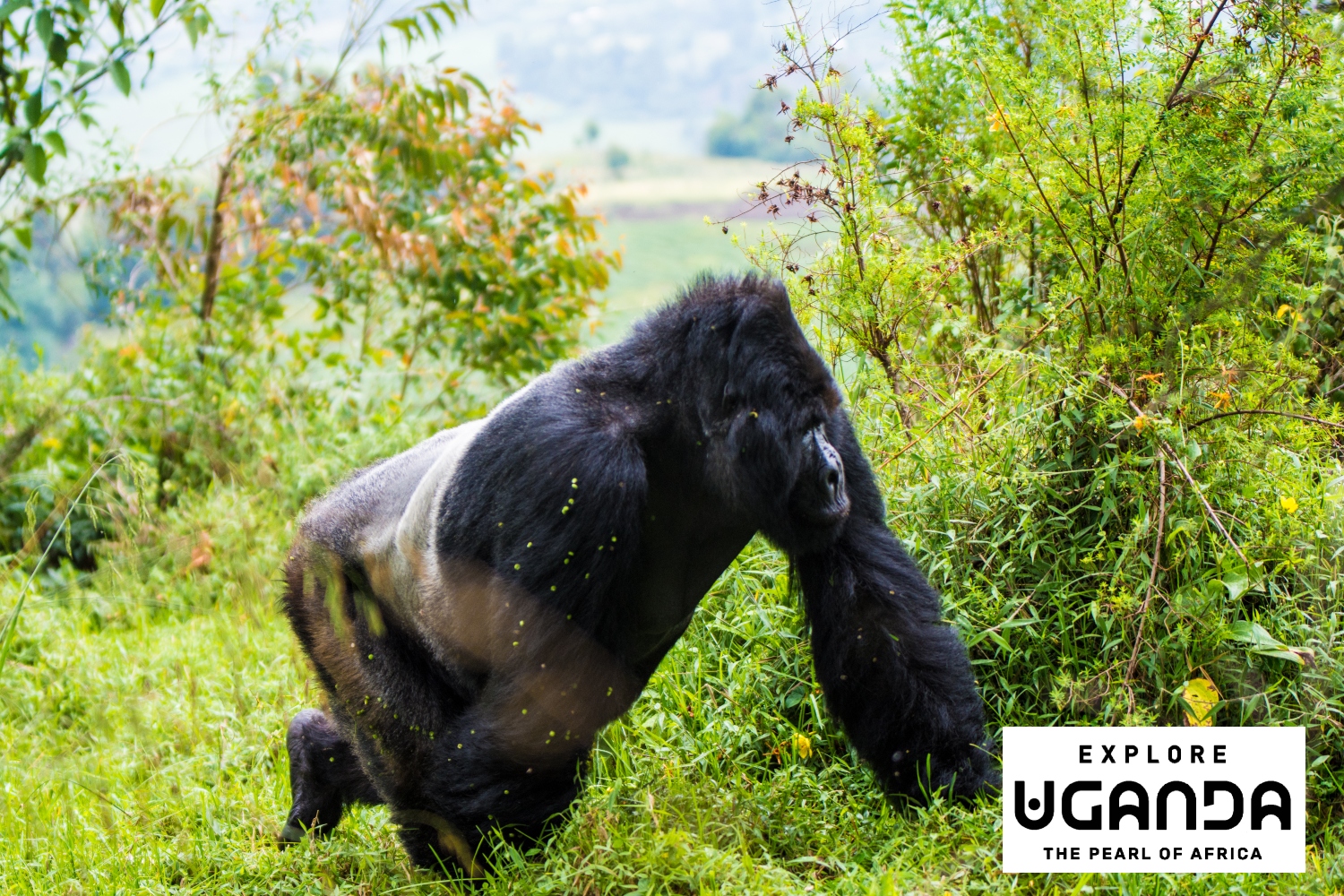Q: You were born in Uganda but moved to Australia when you were 11. What are your memories of growing up in Uganda?
A: My childhood in Uganda was magical in its simplicity. We did not grow up in the richest suburbs, but we had a richness of joy and imagination.
Days were filled with chasing hens around the compound and playing seven stones. When we did not have toys, we made them from whatever we could find.
Barbie dolls came to life from banana fibres, cars were built from sticks and old tires, and those handmade creations meant the world to us.
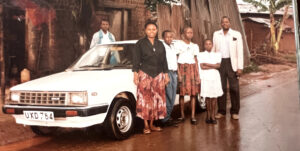 We walked to school every day, as there was no one to pick us up. In the evenings, sometimes barefoot or in worn sandals, we would head down to the valley with jerrycans to fetch water.
We walked to school every day, as there was no one to pick us up. In the evenings, sometimes barefoot or in worn sandals, we would head down to the valley with jerrycans to fetch water.
I remember doing my homework outside under the stars, with only a small lamp or candle glowing in the dark.
On nights when the power went out, all the children would gather together to tell stories or share deep-fried empuuta (Nile perch wrapped in newspaper with salt and vegetables).
Eating it in the dark, surrounded by laughter, music and community, is a memory I will never forget.
 And then there was the food. Some days felt like Christmas or birthdays, simply from the aromas drifting out of the kitchen: oluwoobo, a groundnut stew with fish slowly simmering, or chicken cooking to be served with matoke bananas.
And then there was the food. Some days felt like Christmas or birthdays, simply from the aromas drifting out of the kitchen: oluwoobo, a groundnut stew with fish slowly simmering, or chicken cooking to be served with matoke bananas.
We would pile into taxis to visit relatives, grabbing roasted gonja on the roadside, or stop for a ‘Rolex’, a chapati rolled with eggs and vegetables, after a game or a late night. The taste of that hot street Rolex, fresh off the pan, is something you never forget.
There was also our tiny black and white “Nike shoe box” television. Whenever action movies came on, every child in the neighbourhood crowded into one room, wide-eyed and cheering as though it was the biggest cinema in the world.
Those moments – the food, the barefoot walks, the homework under the stars, the laughter and the sense of community – are why Uganda will always live in my heart. It is not just where I grew up, it is who I am.
Q: It must have been hard, therefore, to leave Uganda for Australia?
A: Leaving Uganda at 11 to reunite with my mother was both the hardest and most beautiful chapter of my life.
My mother, a nurse, had gone ahead to Australia to build a future for us. Her absence was like a missing heartbeat in our home and when the day finally came to join her, I carried both joy and sorrow.
There was joy for a new beginning and sorrow for the family, the flavours and the familiar hills I was leaving behind.
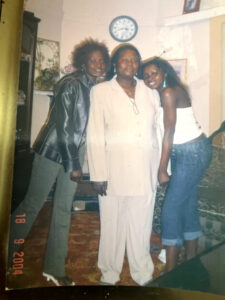 Stepping into Australia felt like stepping into another world. The skies stretched wider, the streets were quieter, but in my mother’s embrace, I found home again.
Stepping into Australia felt like stepping into another world. The skies stretched wider, the streets were quieter, but in my mother’s embrace, I found home again.
Migration was not only a change of country, but it was also a journey through longing, sacrifice and love. It taught me that no matter where life takes me, the spirit of Uganda and the strength of family will always guide me forward.
Q: Why should more Australians consider visiting Uganda?
A: Uganda is the kind of place that sweeps you off your feet.
Imagine waking up to the mist rolling over the Nile, trekking through emerald forests to see mountain gorillas up close, or staying at a safari lodge where hippos wander past at night and lions really are in your backyard.
Coming from Australia, where we’re used to kangaroos hopping around, it feels wild and magical to see elephants, giraffes and lions right outside your window.
By day, you’re welcomed by some of the warmest people in the world, with smiling faces in vibrant gomesi and kitenge fabrics, always ready with music, drums and dancing that pull you in until you can’t help but move.
By night, you’re sharing stories under the stars, tasting street food like hot Rolexes or roasted gonja, flavours that stay with you long after you’ve left.
And the beauty is, you don’t just watch Uganda – you join in. Whether you’re barefoot in a village dancing with kids and making TikTok videos, or walking Bondi Beach back home, it feels the same: free, joyful and like you belong.
Uganda isn’t just a holiday; it’s a love affair you’ll carry with you forever.
Above: Suzan at Taronga Zoo
Q: You love sharing your African culture on your social media channels. Why is this so important to you?
A: For me, sharing African culture on Instagram, especially through the outfits I wear, is about honouring my roots and staying connected to where I come from.
Culture isn’t just about clothing; it’s about the stories, the traditions, the music, the food and the values that shape who we are.
Every pattern I wear, every fabric I choose, carries a piece of my heritage, my family and the joy of growing up in Uganda.
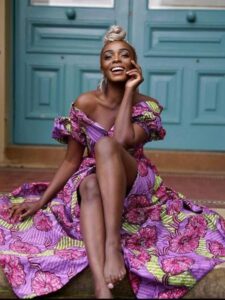 By sharing it, I hope to keep those traditions alive, to remind myself and others of the beauty and richness of African culture and to show the world that our roots run deep, our stories are powerful and our identity is something to be proud of.
By sharing it, I hope to keep those traditions alive, to remind myself and others of the beauty and richness of African culture and to show the world that our roots run deep, our stories are powerful and our identity is something to be proud of.
Fashion becomes my voice, my way of telling the story of my people, my homeland and the spirit that has shaped me.
Q: Travellers these days are looking to immerse themselves in the local culture of the places they are visiting. How can Aussies do this in Uganda?
A: Australians can immerse themselves in Uganda by stepping right into the rhythm of everyday life.
It’s in weaving baskets alongside grandparents, dancing barefoot with kids in village squares, or joining traditional dancers slipping into vibrant outfits, moving to the drums, and laughing as you eat local food with your fingers.
It’s visiting museums filled with historical art and crafts, listening to local artists sing while you share in the tones of their songs and even learning a few words of the language in Uganda like webale, which means “thank you.”
It’s tasting a hot Rolex from a street vendor, sharing oluwoobo stew with a family, or strolling through craft markets where every piece tells a story.
To go deeper, stay in local hotels and lodges where hospitality feels like home, explore Uganda’s cultural landmarks and spend time in communities where traditions are passed down with love.
And of course, Uganda’s wildlife is unmatched, whether trekking through misty forests to see gorillas, watching hippos at your lodge, or spotting lions on the savannah.
Uganda isn’t just a place you visit; it’s a place you join in messing up, laughing, singing, learning and appreciating something different. You dance with it, taste it, speak it and carry it home with you forever.
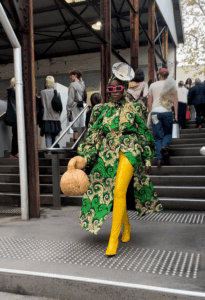 Q: Clearly Australians can expect a warm welcome when they visit Uganda.
Q: Clearly Australians can expect a warm welcome when they visit Uganda.
A: The moment you step off the plane in Uganda, you feel it – warmth, joy and celebration.
Traditional dancers in vibrant gomesi and kitenge are there to greet you, drums pounding, singing filling the air and everyone clapping and cheering like it’s a festival just for you.
It’s impossible not to smile or want to join in; you can’t help but dance, laugh and be swept up in the rhythm.
Ugandan hospitality isn’t just about friendliness – it’s a full-on experience. People welcome you as if you’re family, sharing stories, offering food and inviting you into their lives.
Whether you’re in a city hotel, a village guesthouse, or a lodge by the savannah, you’ll feel seen, celebrated and part of something bigger.
Walking into Uganda is like stepping into a heartbeat of music, laughter and pure joy – you leave feeling connected, alive and a little in love with the country.
Above: Suzan in modelling mode
Q: Finally, what are some of your favourite parts of Uganda to visit and what activities do you enjoy when you’re there?
A: Uganda is full of places that stay with you long after you leave. One of my favourite spots is Bwindi Impenetrable Forest, where trekking to see mountain gorillas up close is nothing short of magical – it’s like meeting royalty in their natural palace.
The Nile River is another highlight: watching the mist rise at dawn or trying white-water rafting gives you a sense of adventure you won’t forget.
I love visiting local villages, where you can dance barefoot with kids, weave baskets with grandparents and join traditional drummers, laughing as you try not to step on the rhythm.
 Exploring craft markets is a must too – each handmade item tells a story and bargaining for a piece of history is half the fun.
Exploring craft markets is a must too – each handmade item tells a story and bargaining for a piece of history is half the fun.
And of course, the savannahs and national parks, where hippos, lions and elephants roam, make every safari feel like stepping into a living postcard.
Some of my favourite moments are the simple ones: walking through neighbourhoods, tasting a hot Rolex at midnight, or listening to local artists sing under the stars.
Uganda isn’t just about sightseeing – it’s about feeling, joining and living the culture.
As I always say, “In Uganda, every path, every meal, every drumbeat feels like home, even if you’re a thousand miles away.”
